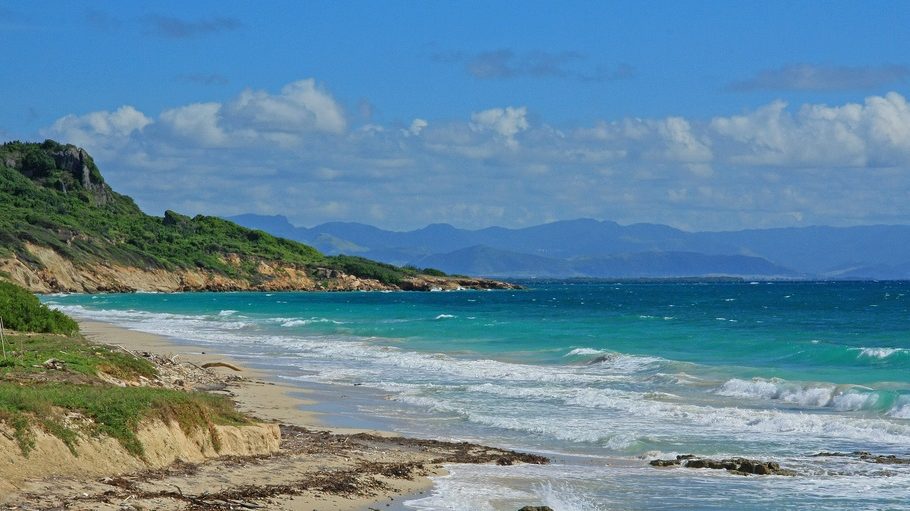Strategic Habitat Conservation and Adaptive Strategies for the Conservation of Coqui Frogs in Puerto Rico

Project Information
Principal Investigator: Jaime Collazo, USGS North Carolina Cooperative Fish and Wildlife Research Unit
Proposed Project Completion: June 2023. This project is Phase II of Climate Change Implications for the Conservation of Amphibians in Tropical Environments.
Implements Science Plan Theme: Adaptation
Co-Investigators:
Alberto Puente Rolon, University of Puerto Rico-Mayaguez
Eloy Martinez, Eastern Illinois University
Mitchell Eaton, Southeast Climate Adaptation Science Center
Rayna Bell, Smithsonian Institution
Adam J Terando, Southeast Climate Adaptation Science Center
Overview
The U.S. Fish and Wildlife Service and the Puerto Rico Department of Natural and Environmental Resources need to develop a plan of action to help the recovery of two endangered species in the genus Eleutherodactylus (commonly known as “coqui”), while also reducing the risk that 14 other coqui species would be added to the Endangered Species list. Prior work by these researchers has identified factors influencing life history for three representative species (E. wightmanae, E. britonni, and E. antillensis) including where species occur, their abundance, and key drivers of reproduction, all of which are driven by climate and land use change.
For this next research stage, this project will: (1) characterize the ability of the three representative species, plus the endangered E. juanriveroi, to cope with environmental stresses using a combination of laboratory and field experiments; (2) map the genetic structure of these species to learn about connections between different populations and identify centers of genetic diversity; and (3) assist agencies in the development of conservation strategies centered on two potential adaptation actions: relocating species to new habitats (i.e. translocations) and identifying habitats that could potentially be resilient to climate change.
The results of this research will help inform decision making on when it is best to begin consideration of translocations versus continuing to manage a population in its existing locations. This research will also help inform decision making on where the best ‘areas of conservation interest’ would be for translocated individuals. Ultimately, these methods will be applicable to other environmental change settings in the context of developing recovery plans and helping to prevent the listing of species.
